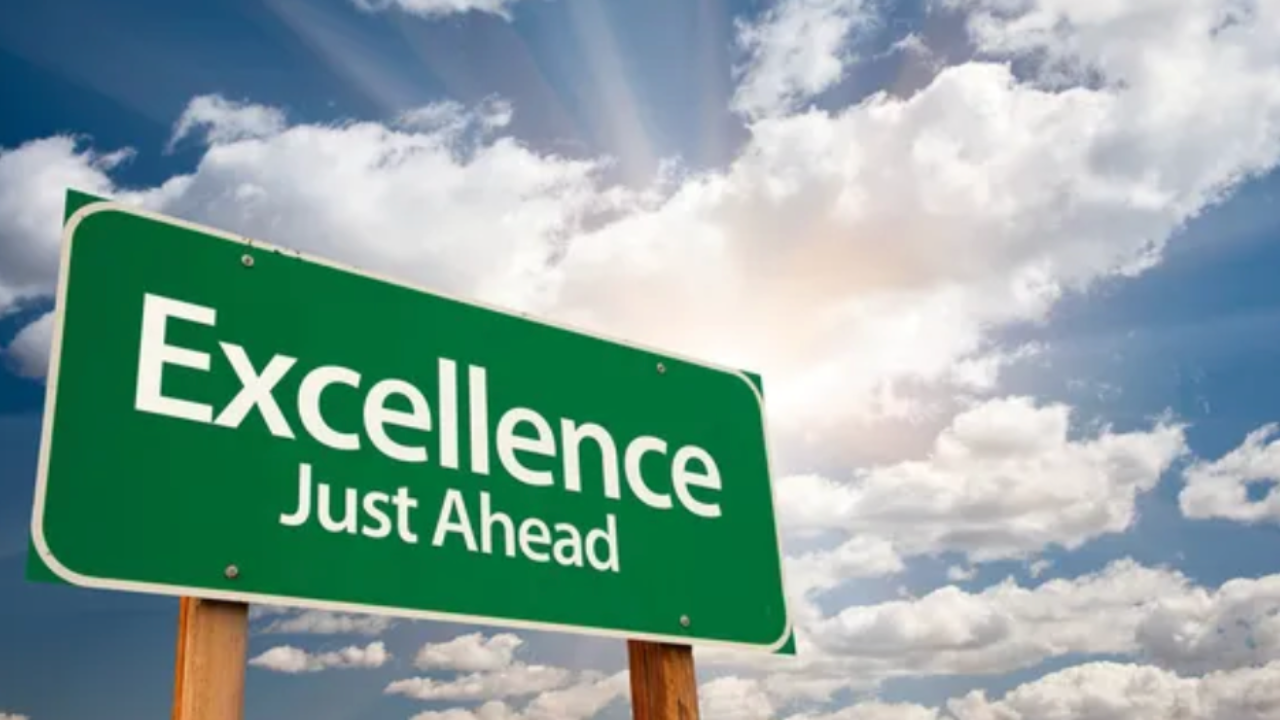Interviewing Excellence

When I first became a manager, I began to learn a lot of new things: Inventory management, visual merchandising, sales training, scheduling. One key part of the job, however, was never taught to me: How to interview. I guess they thought it was nothing more than a casual conversation.
Wrong. The Interview is nothing less than attempting to predict the future: “What will this job be like if I worked here?” “What kind of an employee will this person be if we hire them?” In some ways this is akin to the modern world of dating apps. You look over someone’s “profile” (i.e., resume) and then you begin talking and texting (screening) until you meet in person (interview) in an attempt to find your match.
Ever wonder what the success rate is of those apps? The average success rate of the top 5 dating apps is 6.32 %. Sadly, interviewing success isn’t much better. Let’s talk about the mistakes to avoid, the best practices and the elements of a successful interview when finding just the right person is your priority:
- Seek a Win-Win. Rather than just settling for a “warm body” you and your applicant should be seeking to find a win-win relationship.
- You find a great employee who loves the work, is great with customers, shows up on time, and is great on your team.
- Your applicant finds a great place to work, has opportunities for advancement, learns and grows, and is rewarded appropriately for their contribution.
- When evaluating your applicant, the only true predicter of future behavior is their past behavior. Asking “what would you do in this hypothetical situation” has only limited value. People can actually practice those answers. But that doesn’t truly give you visibility into how they’d behave in your company. Better: “tell me about a time when you handled a specific situation; tell me what you did, how it worked….tell me about the specific challenges you faced and how you handled them.” In this way, your applicant will be recalling from memory things they have actually done (the best predictor of the future)
- Avoid asking Philosophy questions and disregard any Philosophical answers. They’re useless for this purpose. You know what a philosophy question is, right?
- “What type of a boss do you prefer?”
- “What is the best type of teammate, from your perspective?”
- “In your opinion what’s good customer service?”
All these will do is get your applicant waxing eloquently about concepts, ideology and nothing concrete:
“Well, Dan, I’m a big fan of customer service. I think that customer service world has really taken a hit in these post-covid times. We really need to refocus ourselves for a better experience for our customers. Yes, customer service is indeed important.”
You may be thinking to yourself, “This candidate is perfect!”, but the truth is, you actually know nothing of value in making a decision about their proven attributes.
Ultimately, you should bring discipline and formula to the interviewing process:
-The interview process should consist of multiple interviews at different times, with different interviewers.
-Never make a hiring decision during the interview. Gather information, then confer with your other interviewers to make a reasoned decision.
-Be thorough. One common mistake is gathering too little information during the interviewing process.
-Keep emotion out of it. One final habit to avoid is mistaking enthusiasm for competence.
You can do better. When you do, the results you’ll enjoy will be a winning team of achievers who work together for the good of your organization. Isn’t that our real goal anyway!
SUBSCRIBE FOR MONTHLY TIPS AND TRICKS!
Great Mann Group content, right to your inbox.
We hate SPAM. We will never sell your information, for any reason.

